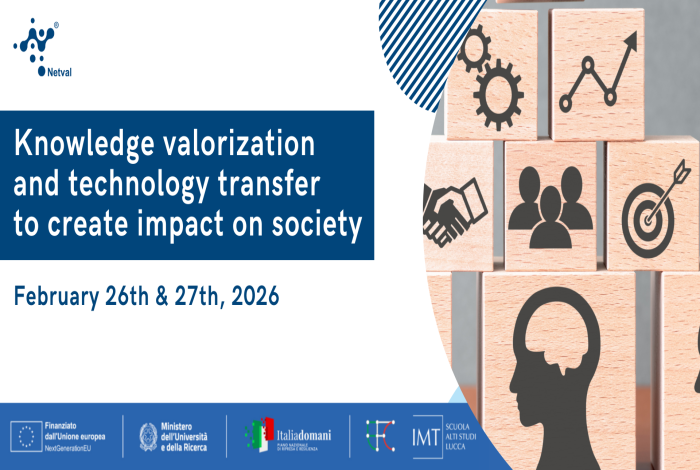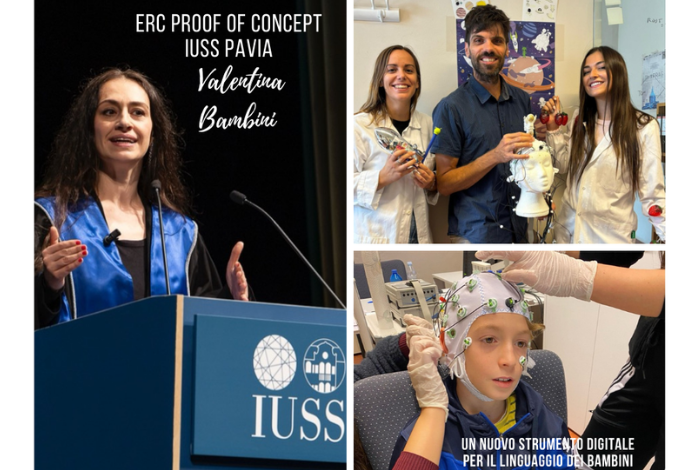The observation of space and from space, of the earth and from the earth, has had an enormous development in recent decades. The aerospace industry and economy have attracted public and private investment and the interest of a large part of the scientific community. Technological innovation has made possible and economically feasible applications which were unthinkable until a few years ago. The scarcity of the recent past of data and observations of natural phenomena and processes on earth and astronomical ones in space, has given way to an abundance of data and observations. The amount of data available has grown to such an extent that a new research area, “big data”, was born.
How to collect, select, process this data? What information can be extracted from this data? Can the data learning process be automatic?
The objective of Theme 4 is to build within our School the skills and tools for the investigation of space, for the scientific exploitation of the nascent space economy, for the treatment of countless datasets and the development of management platforms. of data, for the proposal of new research frontiers and growth models for the society of the future.
Under the identity theme "Space, Future, Data," the IUSS Graduate School of Higher Education is involved in research and development of the following research projects
NOCTUA is the pilot project of a future commercial service for the collection, processing, analysis and distribution of monitoring data of the Lombardy territory, both with respect to artifacts and infrastructures (urban areas, buildings, hospitals, schools, cultural heritage, bridges, viaducts, dams, etc.) and for the monitoring of glaciers, mountain slopes, forests and natural resources in general. The data will be provided by a small satellite equipped with Synthetic Aperture Radar technology put into orbit to demonstrate the ability to deploy a dedicated low-cost, high-resolution, commercially available space segment.
COPERNICUS is the European Union's Earth observation program that provides information services based on satellite Earth observation and in situ data in order to monitor the planet and its environment. The Copernicus Mirror Program aims to strengthen in the national community the positioning of Italian and European geospatial services based on Copernicus services and to create an open, scalable and interoperable infrastructure to enable and foster the adoption of these services.
There are no upcoming events, select "All Events" to visit the archive.
News


